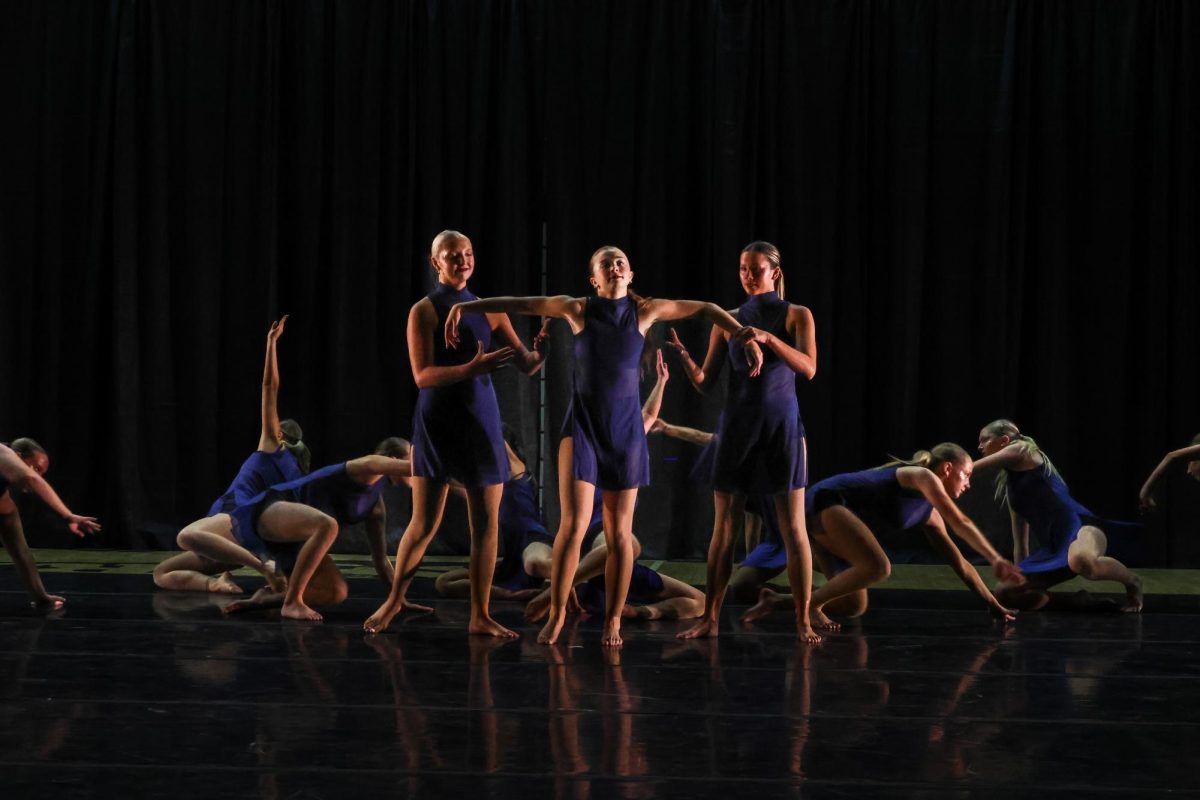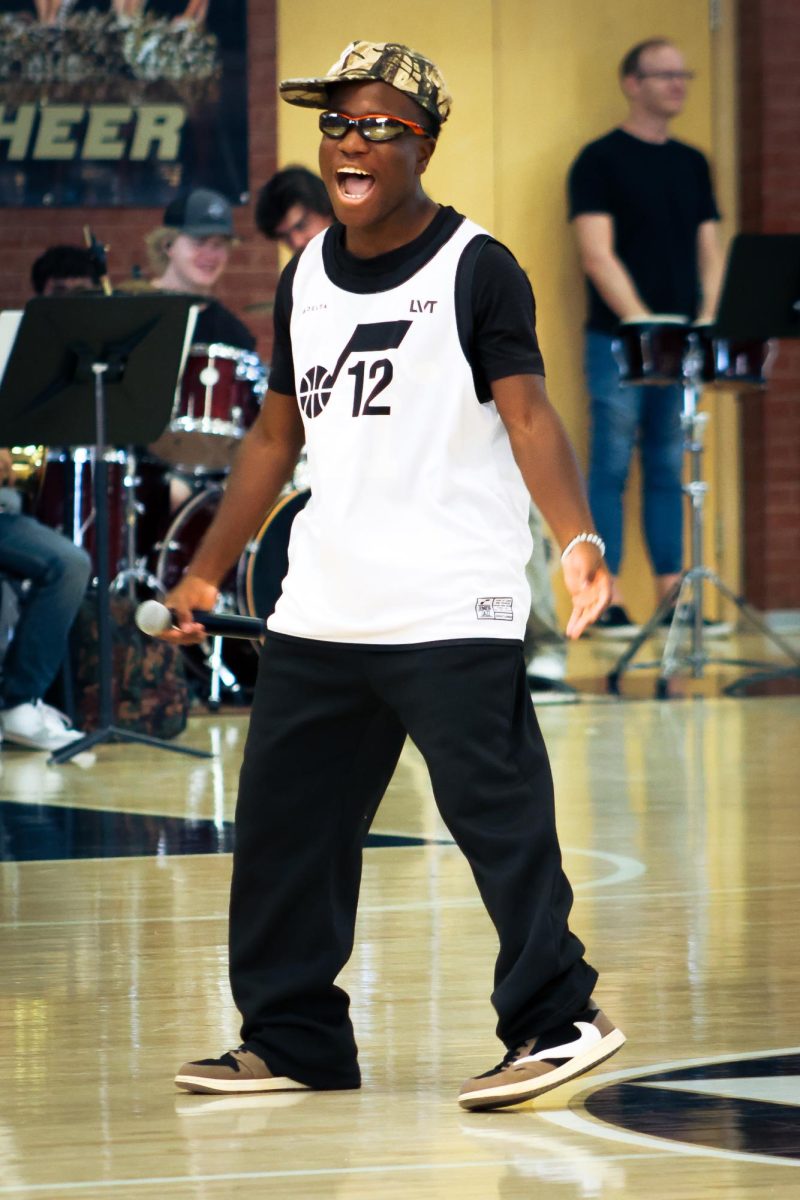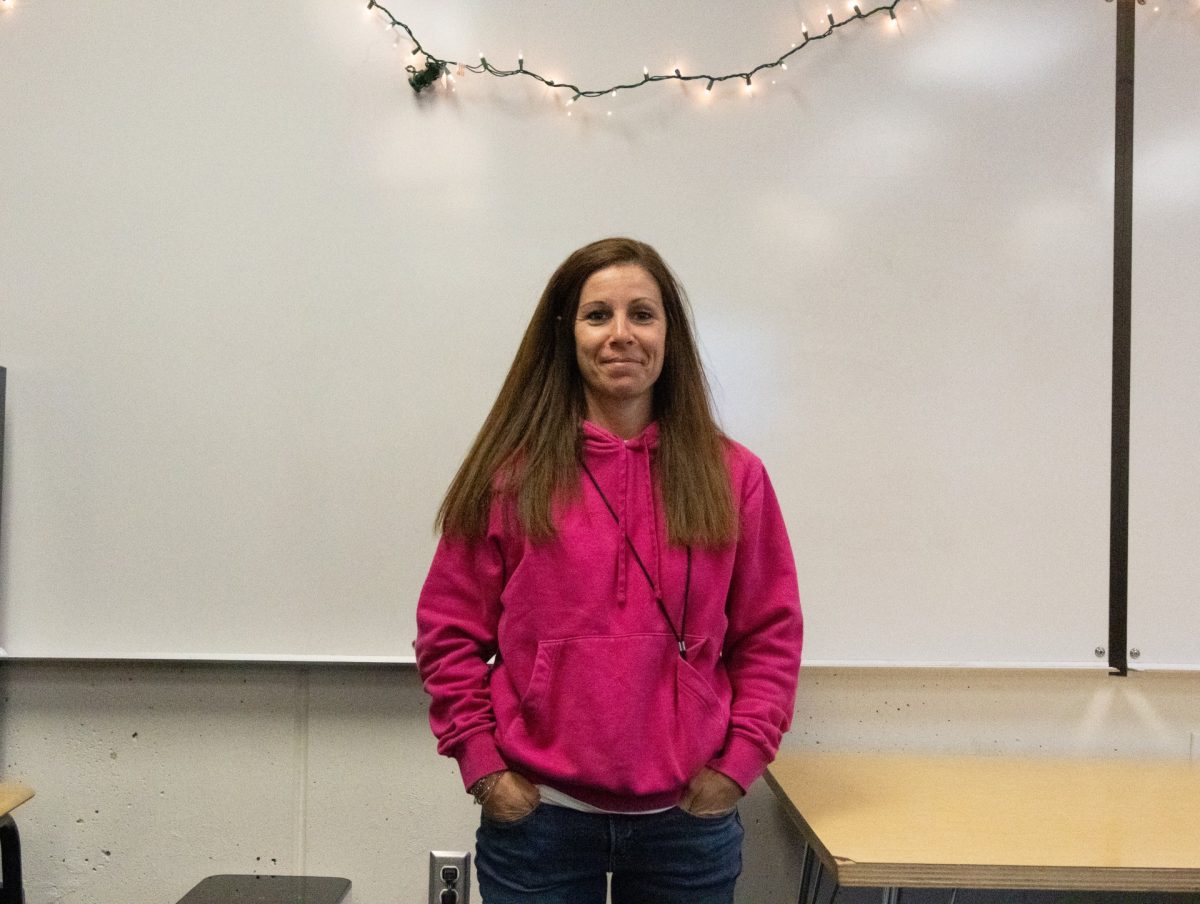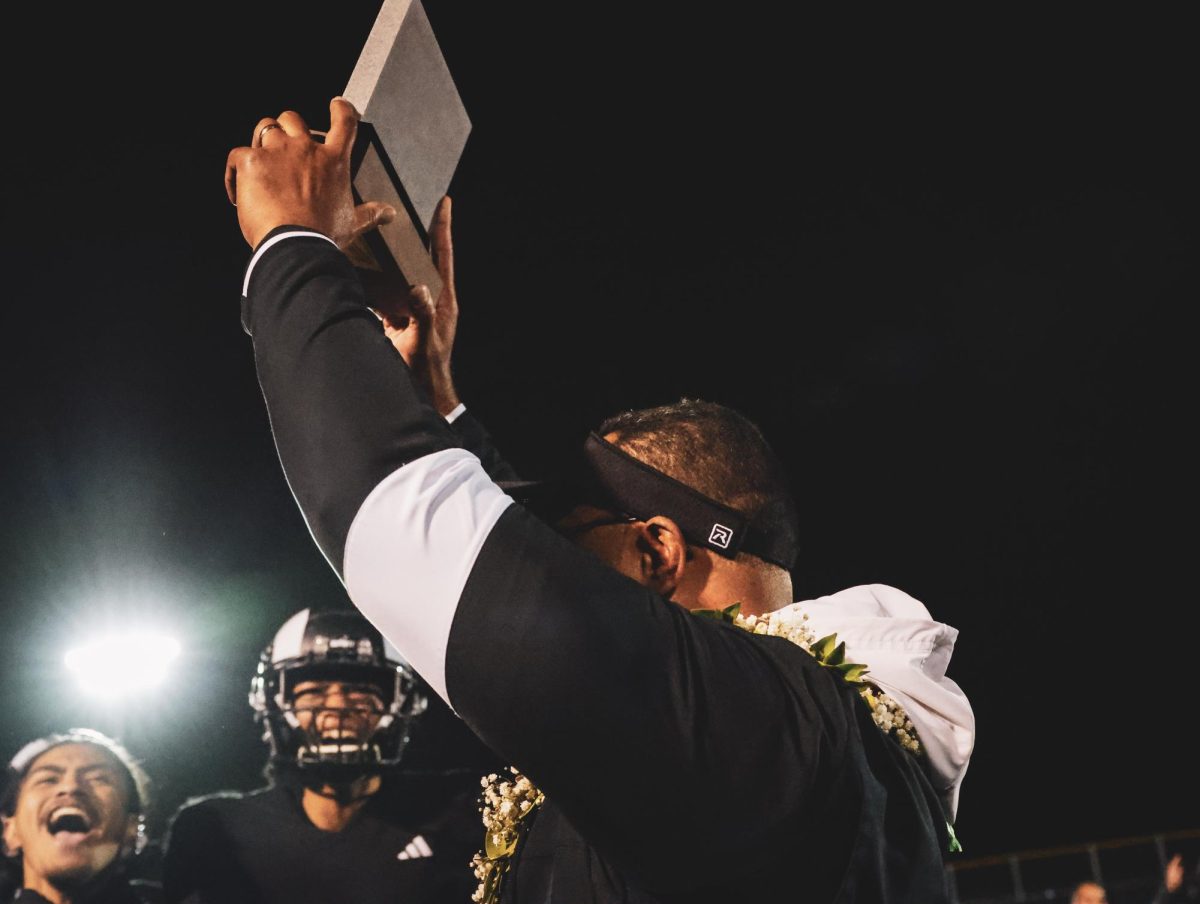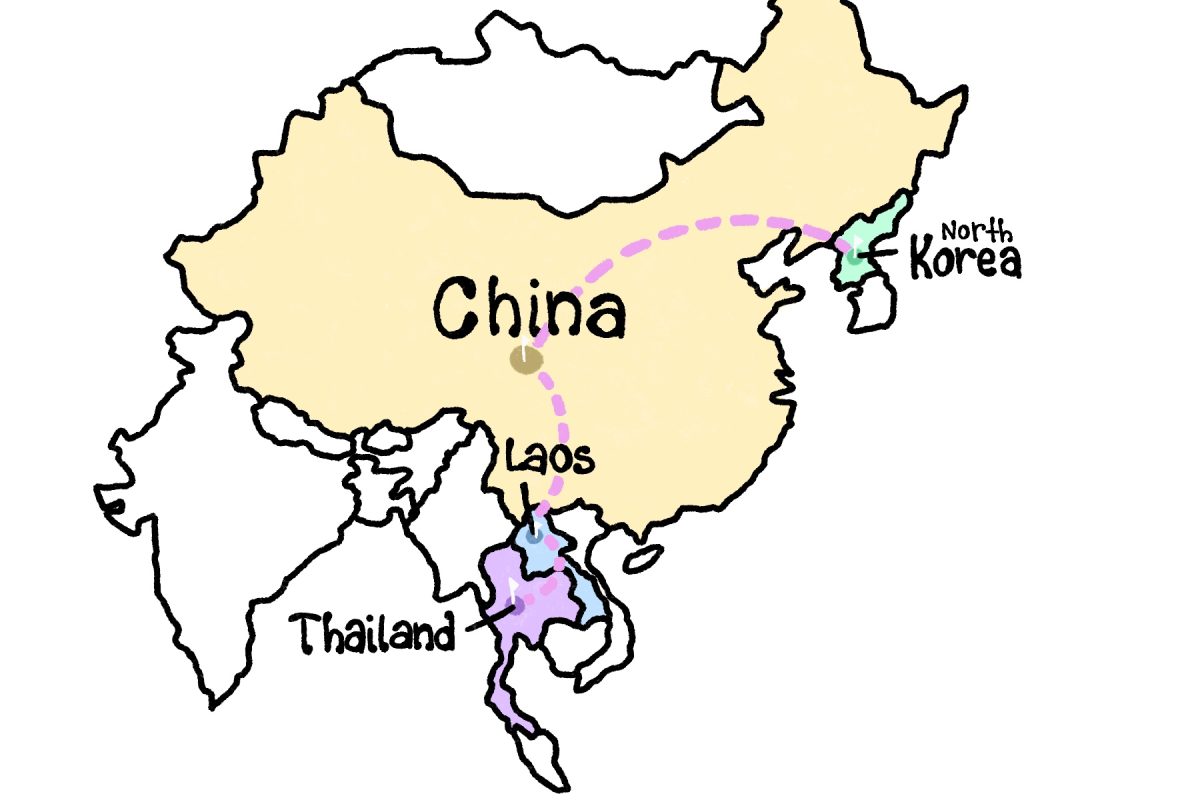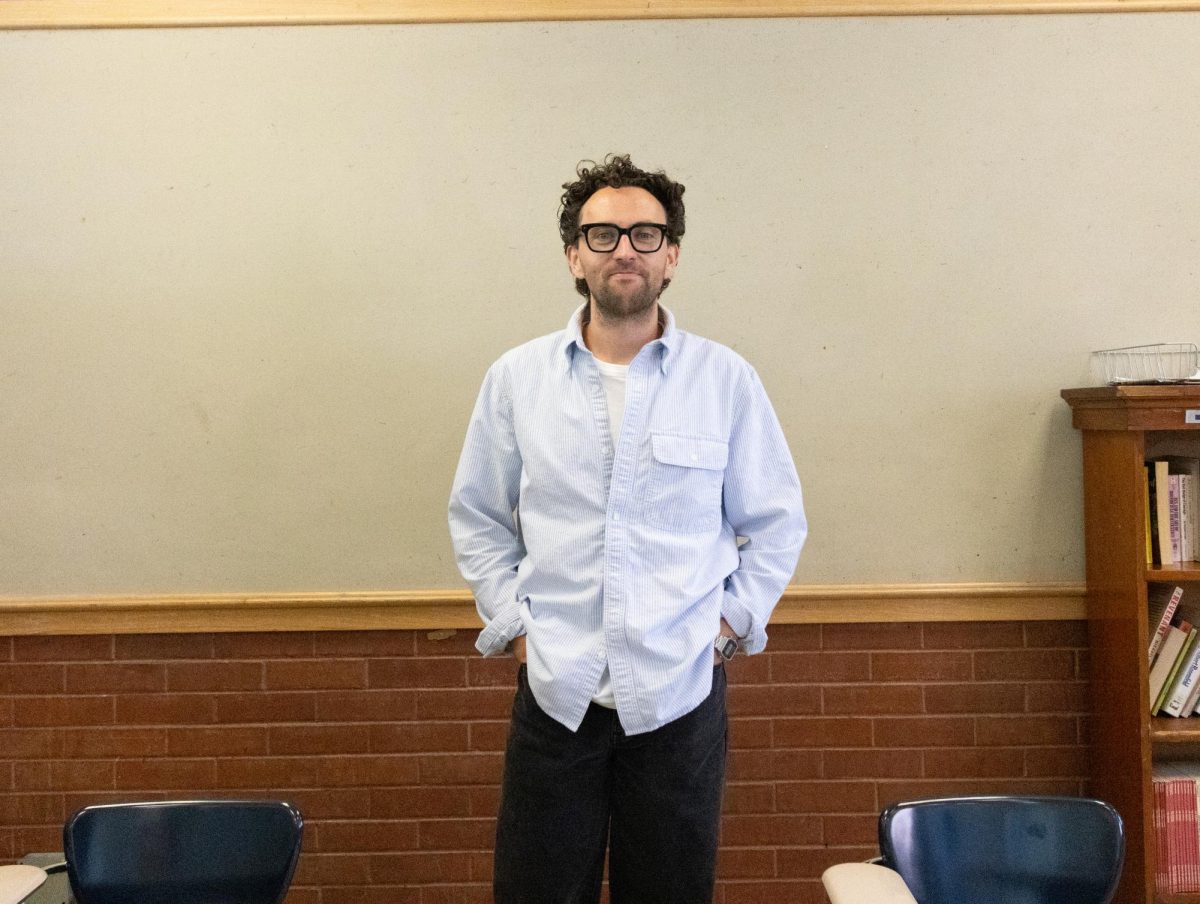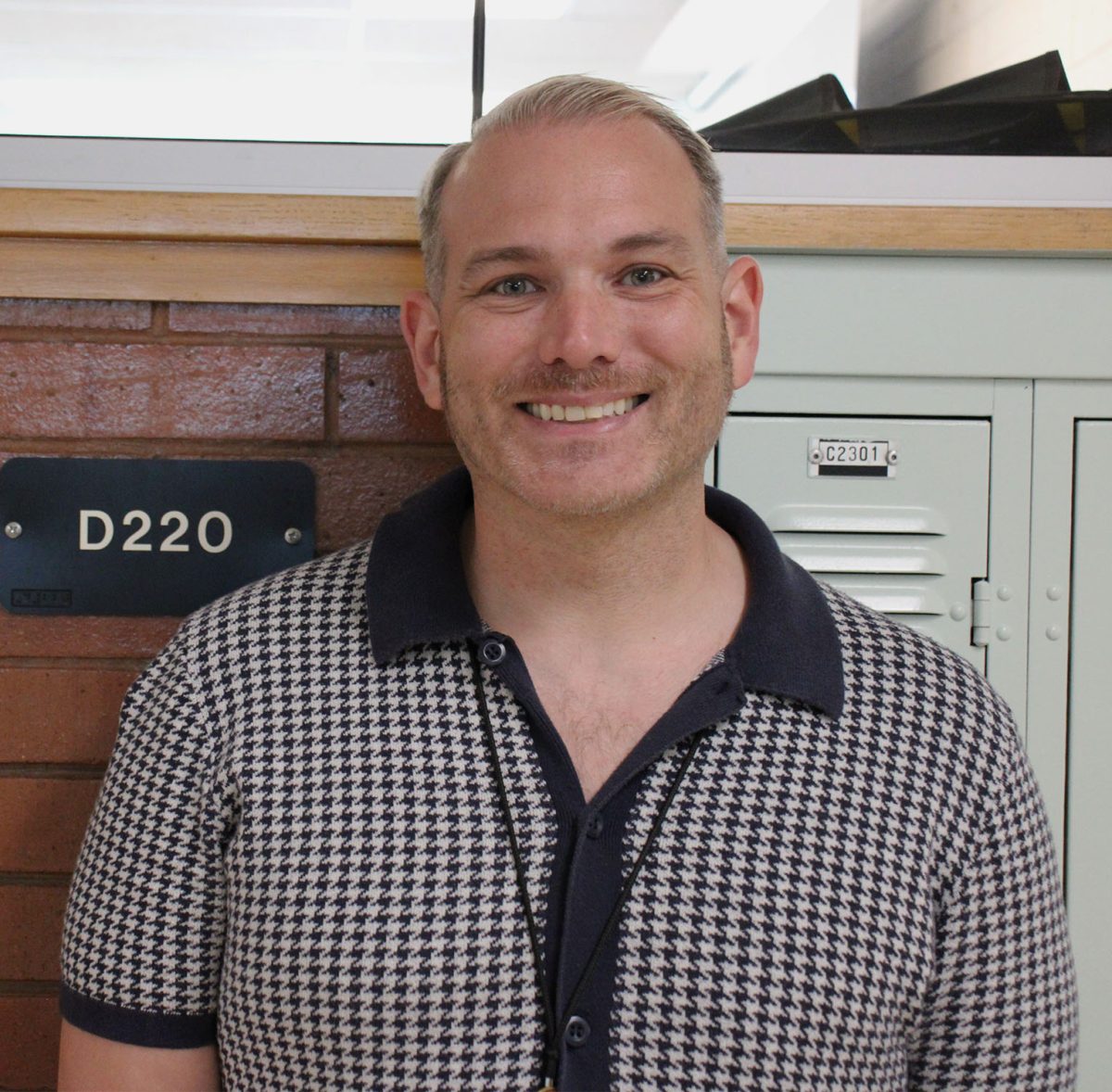Jin Kang’s first impression of the United States came courtesy of Tom Cruise: gun fights, car chases, people dropping from planes, and conspiracies everywhere.
When she took her first steps onto American soil as a 14-year-old, she couldn’t help but be afraid that something might explode at any moment. Instead, what she found was a place full of hope, opportunity, and education – things she never would’ve experienced in North Korea.
On May 30th, Kang will walk across the graduation stage with her high school diploma. But her walk across the stage was symbolic of a much longer journey. Her steps toward graduating from Highland began in the dead of night in Hyesan, North Korea, where she walked for miles through both jungles and cities in order to escape.
As a child in North Korea, Kang received little education and limited access to the outside world. Under the rule of its Supreme Leader, Kim Jong Un, most citizens live in poverty and are not allowed the basic freedoms so often taken for granted in the United States. She went to a school where she was unable to express her opinions for fear that she might be sent to prison or beaten. Most of her schooling was centered on celebrating the government and its leaders, rather than on educating in the fundamentals of math, science, and reading.
She knew Nork Korea did not offer the future she wanted. So, in the winter of 2019, when they had the chance, Kang and her mother, Hyeonshil Kang, left everything behind to search for a better life. This wasn’t their first attempt at escaping. This final, and successful, attempt was their fifth pursuit to leave their old lives behind.
Each escape attempt brought the risk of death, or being sent to a reeducation camp in North Korea – essentially, a prison. But Kang and her mother knew it was worth the risk.
“My mother said, ‘we are going to die together or we’re going to survive together,’” Kang said.
Hyesan, a city in North Korea near the southern border of China, has a river running along the North Korea-China border. To get out of the country, Kang and her mom had to cross the river, stay clear of armed guards that lined the border, and get through a barbed-wire fence with the help of a South Korean smuggler.
This escape happened just a few months after her 14th birthday, which made it even more dangerous. In North Korea, the state dismisses cases where the accused is under 14 years of age; but once they reach 14, they are treated like adults in the criminal justice system. So, Kang and her mom knew they were taking a big risk by trying to escape knowing that being caught would likely result in prison time.
Once they made it out of North Korea and into China, they went door to door asking for help from various leaders of different Christian-based churches. They had little money, so oftentimes they had to steal to survive. To the Chinese living near the border, broken windows and stolen goods weren’t uncommon. But crossing into China was just step one; they hadn’t really escaped yet.
“When escaping North Korea, we don’t count that we are living [in China],” Kang said. “They can capture us and send us back.”
Throughout China, Kang and her mother were often approached by people who said they could help smuggle them into South Korea. These professional smugglers seemed like they had good intentions, but often made their clients pay large fees once they were safe. Many survivors have to pay off debts for years and become trapped in a different way.
“We did not want to have to pay that much money,” Kang said. “We wanted to be free.”
Forced to travel with these professional smugglers, Kang and her mother were lucky enough to be smuggled into Thailand, a country friendly to North Korean escapees. They were given a choice of where to go next, which included choosing between South Korea and the United States.
Choosing to immigrate to the United States meant that her debt to the smugglers did not need to be paid. This made it the perfect option, for she would be unable to do many of the things she loved if she and her mother were in severe debt.
Kang and her mom made it to Thailand after moving through China, Laos, and Vietnam both on foot through jungle terrain and hiding in the back of cars. Once they were in Thailand, they were able to immigrate to Utah with help from the United Nations.
The United States was an entirely new world for the Kang family, one that was met with hesitation and fear. All her life, she was taught in North Korean schools that America was filled with evil people who hated North Koreans.
Once she realized nothing was going to explode, and that people actually wanted to help her, she began to adapt to the new culture. Smart phones and American schools seemed to be the biggest change. In North Korea, phones are used to take photos, text, and call. They are not connected to the internet because it is not allowed by the North Korean government. But once she arrived in the U.S., smart phones opened up an entire new world.
“Smart phones were new for me,” Kang said. “I can do most of everything online.”
Daily activities such as communicating, studying, and entertainment can now be done from the palm of her hand, which was a major change from her life in North Korea. One thing that has bothered Kang is how often she hears people joking about the harsh conditions of North Korea. She has heard people joke to friends that they would be sent to North Korea for misbehaving.
“That is disrespectful,” Kang said. “I came from there. They shouldn’t joke about it.”
Schooling in the U.S. was also entirely new to Kang. She began her U.S. schooling at the Utah International Charter School, where she spent her freshman year. Then, in 2022, she started 10th grade at Highland.
Because she had missed part of high school, Kang spent a lot of time catching up on her graduation progress so that she could graduate on time.
“She is so determined and she is so diligent,” Kang’s English teacher, Carleen Burnell, said. “She takes feedback and she applies that feedback because she wants to succeed in life and she knows that education is the doorway to that success.”
Kang did all her schoolwork while also balancing a challenging social life, a job, and martial arts on the side.
Making new friends in a new country isn’t easy for most. But for Kang, it comes easily. Her bright smile and kind laugh have helped her forge new relationships, allowing her to always have a friend to say “hi” to in the halls.
Even in North Korea, she described herself as happy most of the time. But she always knew she wanted more from life.
And that is what she has found at Highland and the United States. Her academic journey won’t finish after graduation. Kang plans to attend Salt Lake Community College in the fall where she will study to become a nurse, a career that may not even have been possible for her in North Korea.
While attending SLCC, she will also be finishing the book that she has been writing about her journey to the U.S. and the time that she has spent here. She hopes her story helps people understand the opportunities they have in the United States.
“People in the United States are super lucky,” Kang said. “They can survive here!”
